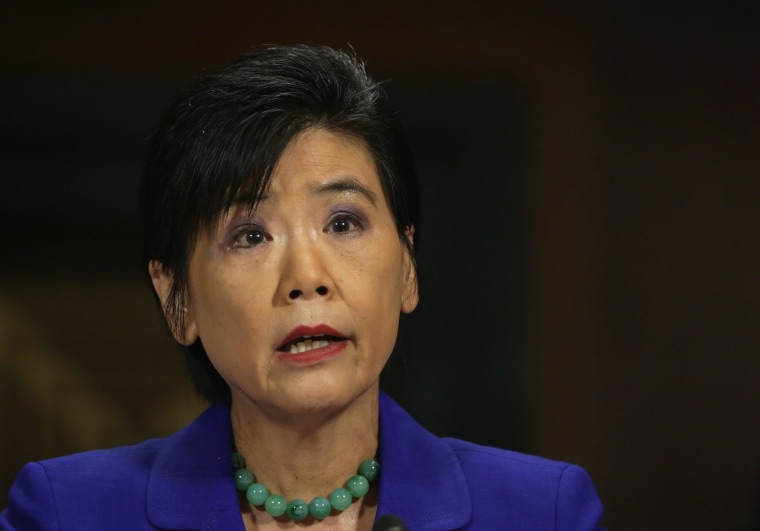After Prenatal Non-Discrimination Act (PRENDA) -- a proposal to ban sex selective abortions -- failed to pass at the federal level in 2012, similar legislation at the state level made it the second most-proposed abortion ban in 2013, with 21 states proposing the ban, and eight states actually enacting it.
“A woman’s constitutional rights should not depend on her zip code,” said US Representative Judy Chu about the patchwork of state laws eroding women’s access to legal abortion and other reproductive health services. Chu is the House lead sponsor of the Women’s Health Protection Act (HR 3471), a bill that would outlaw the restrictive state laws that target abortion services and shut down clinics across America.
Asian-American leaders and advocates argue that sex-selective abortion bans exploit racial stereotypes and impede healthcare access for Asian-American women by inserting racial profiling into the center of the doctor-patient relationship.
Asian Americans Advancing Justice, with several other Asian American nonprofit organizations, have filed an Amicus brief to add their voices to the NAACP and ACLU lawsuit against Arizona’s especially harsh PRENDA-type law, which is currently on appeal in the 9th Circuit Court.

IN-DEPTH
- Study Debunks Myths Surrounding Sex-Selective Abortion Bans
- Fight Against Sex-Selective Abortion Ban Successful in San Fran
- Report: Asian American ACA Enrollment 'Disproportionately High
